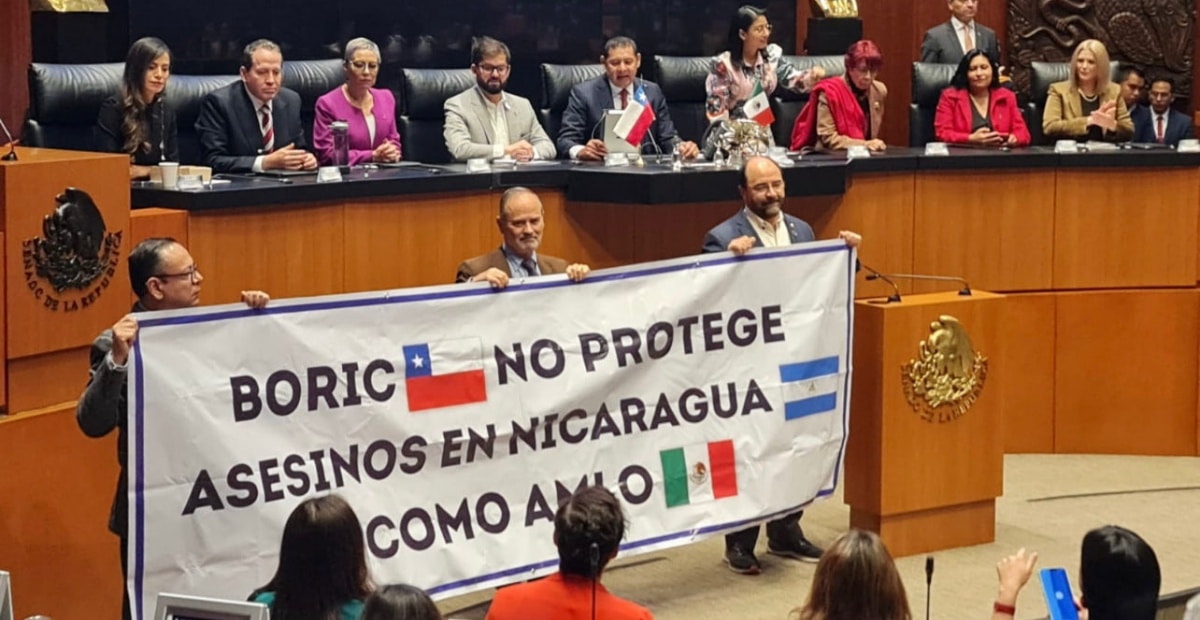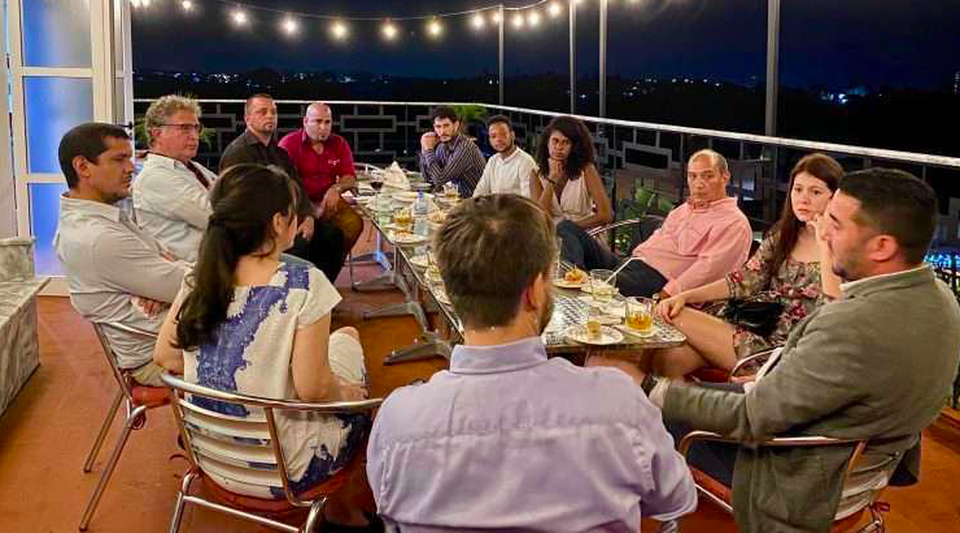Eduardo Murillo
Newspaper La Jornada
Friday November 25, 2022, p. 4
Those accused of tax crimes, such as fraud, smuggling or use of false invoices, may no longer be subject to informal preventive detention (PPO), after the Supreme Court of Justice of the Nation (SCJN) considered that these criminal types do not attempt against national security nor do they constitute organized crime, for which reason it is not justified to apply said preventive measure to them.
We concluded one of the most important and relevant matters in the history of this Supreme Court. As we have been doing, the Court has shown once again that it acts with autonomy and independence and that each one of the ministers voted and argued in absolute freedom, in accordance with our convictions, our understanding of the Constitution and human rights, which our mission is to protect
affirmed the minister president, Arturo Zaldívar, at the end of the session.
The Court maintained the PPO for most of the crimes that were already subject to this precautionary measure, such as organized crime, intentional homicide, rape, kidnapping and those added during the current government, such as femicide, illicit enrichment, hydrocarbon theft, disappearance forced disappearance and disappearance committed by individuals, among others.
Minister Luis María Aguilar Morales, author of the approved project, argued that the Constitution establishes a catalog of crimes to which the PPO can be applied, but that more criminal offenses have been added to this list, through secondary laws, without full justification. .
Thus, by qualified majority, the plenary session of ministers invalidated the second articles, first paragraph, sections VIII, VIII bis and VIII ter, of the Federal Law against Organized Crime; as well as 167, seventh paragraph, of the National Code of Criminal Procedures; and 5, section XIII, of the National Security Law, which considered that those accused of these conducts could be deprived of their liberty during their legal process.
Minister Alfredo Gutiérrez Ortiz Mena explained that, by definition, organized crime is illegal conduct that aims to destabilize the rule of law and that the SCJN must adhere to this constitutional definition, so that tax crimes cannot enter into this typification.
Two ministers against
The ministers Yasmín Esquivel Mossa and Loretta Ortiz Ahlf voted against the proposal, who emphasized that the financial structures that are built through these tax crimes are key for criminal organizations.
In the last part of the session, the SCJN unanimously decided to recognize the constitutionality of the crime of using false invoices, the validity of which was challenged for the alleged lack of exhaustiveness, that is, being ambiguous and imprecise in its definition.
At this point, Minister Margarita Ríos Farjat, who was head of the Tax Administration Service, pointed out that the United Nations Organization estimates that criminal groups in Mexico use simulated operations (billing
) to launder up to 25 billion dollars a year.
The capital associated with the simulated operations in Mexico is added to flows that pass through several continents, where they are linked to activities aimed at the political destabilization of governments, money laundering, funding international terrorism, arms trafficking, the human trafficking, organ trafficking, pedophilia, among other very perverse activities throughout the world
indicated.








